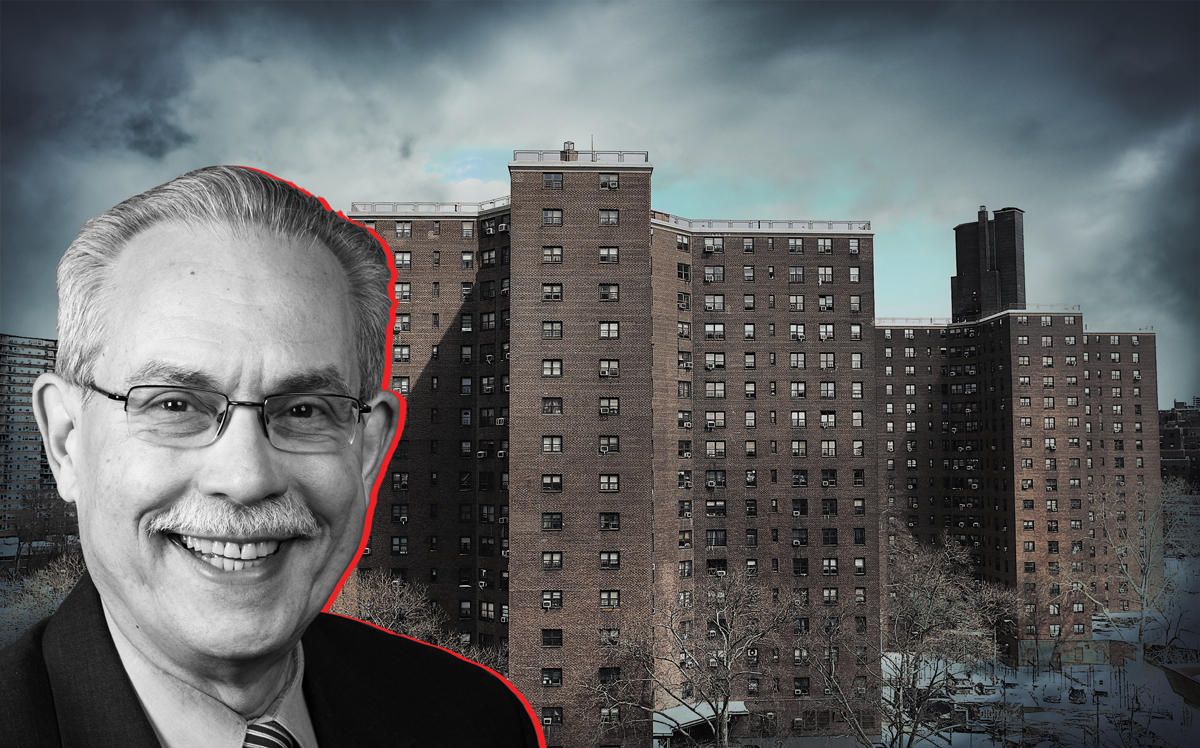Trending
NYCHA head: Agency now needs $40B in repairs
Gregory Russ said previous repair estimates didn’t includes certain costs

Two years ago, the New York City Housing Authority said it needed $32 billion to repair its housing stock. That estimate has soared to $40 billion.
NYCHA CEO Gregory Russ said on Tuesday that the 2018 estimate didn’t fully capture the costs of lead abatement, elevator replacement and other compliance costs. He noted that sometime this year the agency will release another proposal to raise additional capital, though he didn’t provide any details beyond the potential to take on debt and that it “might be” looking to disposition.
“Even NYCHA is fixable,” he said at an event held by Crain’s Tuesday in Midtown. “It’s a demand on the organization, it will be a demand on the city and community as a whole.”
(After the Crain’s event, Russ also pointed to inflation as a cause for certain cost shifts. The 2018 report estimated that NYCHA required $31.8 billion over the next five years and $45.2 billion over the next 20 years in 2017 dollars. Politico reported last month that NYCHA’s board approved a 2020-2024 financial plan that predicted costs could jump as high as $68.5 billion by 2028.)
Russ, who was appointed chairman and CEO in June 2019 and splits his time between New York and Minnesota, said NYCHA is aiming to convert 15,000 apartments to private management by the end of the year as part of the federal Rental Assistance Demonstration program. He also said he was open to converting more of NYCHA’s 100,000-plus units that have not been earmarked for RAD, “if the numbers work.” He indicated as well that the agency hopes to shift more decision-making authority to individual properties as part of a broader reorganization of the Housing Authority.
Late last year, consultant KPMG released a report as part of an agreement inked in January 2019 with the U.S. Department of Housing and Urban Development to settle a federal complaint that detailed squalid conditions at NYCHA’s buildings. The report recommended that the agency separate the CEO and chairman roles, potentially stripping Russ of one of his titles. When asked about that possibility after Tuesday’s event, Russ indicated that agency officials were in the early stages of studying the potential governance changes.
In December 2018 the de Blasio administration announced “NYCHA 2.0,” a plan that mapped out $16 billion worth of capital repairs (before additional state, city and federal funding). As part of NYCHA 2.0, the agency hoped to lease underutilized land on public housing properties to raise financing. The program, dubbed “build to preserve,” has largely stalled because of tenants’ concerns, but Russ said conversations with residents at the Fulton Houses in Chelsea are ongoing, and he’s confident the agency can “craft new arrangements to move some of these build-and-replace projects ahead.”
When asked by one of the event’s moderators why NYCHA 2.0 was moving at a “glacial place” while capital needs continued to balloon, Russ pointed to the complicated nature of real estate deals in New York.
“It’s like you go to work out for the first time and say, “Do I really have to do this? And yes, you do,” he said, adding that with repetition, one gets “a little stronger, a little better.”




